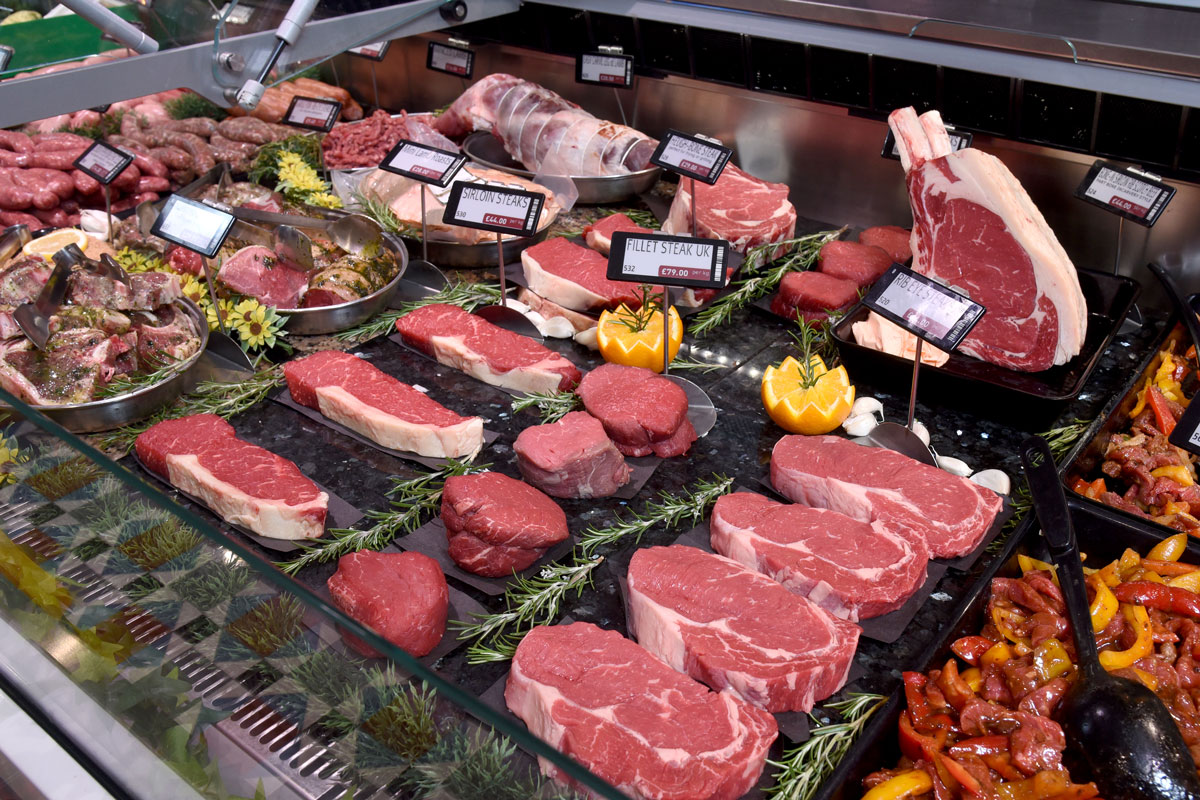Scottish Retail Consortium hopes to see boost in footfall

Shop prices fell by -0.3% in August compared with last year, according to British Retail Consortium (BRC) and NielsenIQ data.
That was down from inflation of 0.2% in the previous month, with shop price annual growth at its lowest rate since October 2021.
And while food prices remained inflationary at 2%, the rate was down from 2.3% in July. The BRC noted that the annual rate continues to ease in the category and said inflation was at its lowest rate since since November 2021.
Fresh Food inflation slowed further in August, to 1.0%, down from 1.4% in July and was at its lowest rate since October 2021.
Ambient food inflation decelerated to 3.4% in August, down from 3.6% in July – its lowest rate since March 2022.

Scottish Retail Consortium (SRC) director David Lonsdale said: “Falling prices at the tills is better news for Scotland’s shoppers and, hopefully, may tempt more folk on to our high streets and retail destinations.
“Shopkeepers are striving to keep down prices and governments at both a UK and Scottish level can assist by bearing down on the range of regulatory and other statutory costs impacting on retailers.”
The figures also showed that non-food goods remained in deflation at -1.5% in August, further down from -0.9% in the preceding month – its lowest rate since July 2021.
BRC chief exec Helen Dickinson said retailers had been discounting heavily to shift their summer stock, particularly for fashion and household goods.
She said: “This discounting followed a difficult summer of trading caused by poor weather and the continued cost of living crunch impacting many families.
“Food inflation eased with fresh food prices, especially fruit, meat and fish, seeing the biggest monthly decrease since December 2020 as supplier input costs lessened.”
But she warned that while retailers would work hard to keep prices down, factors out of their control could impact on shopping costs in the future.
Dickinson added: “The outlook for commodity prices remains uncertain due to the impact of climate change on harvests domestically and globally, as well as rising geopolitical tensions. As a result, we could see renewed inflationary pressures over the next year.”


















